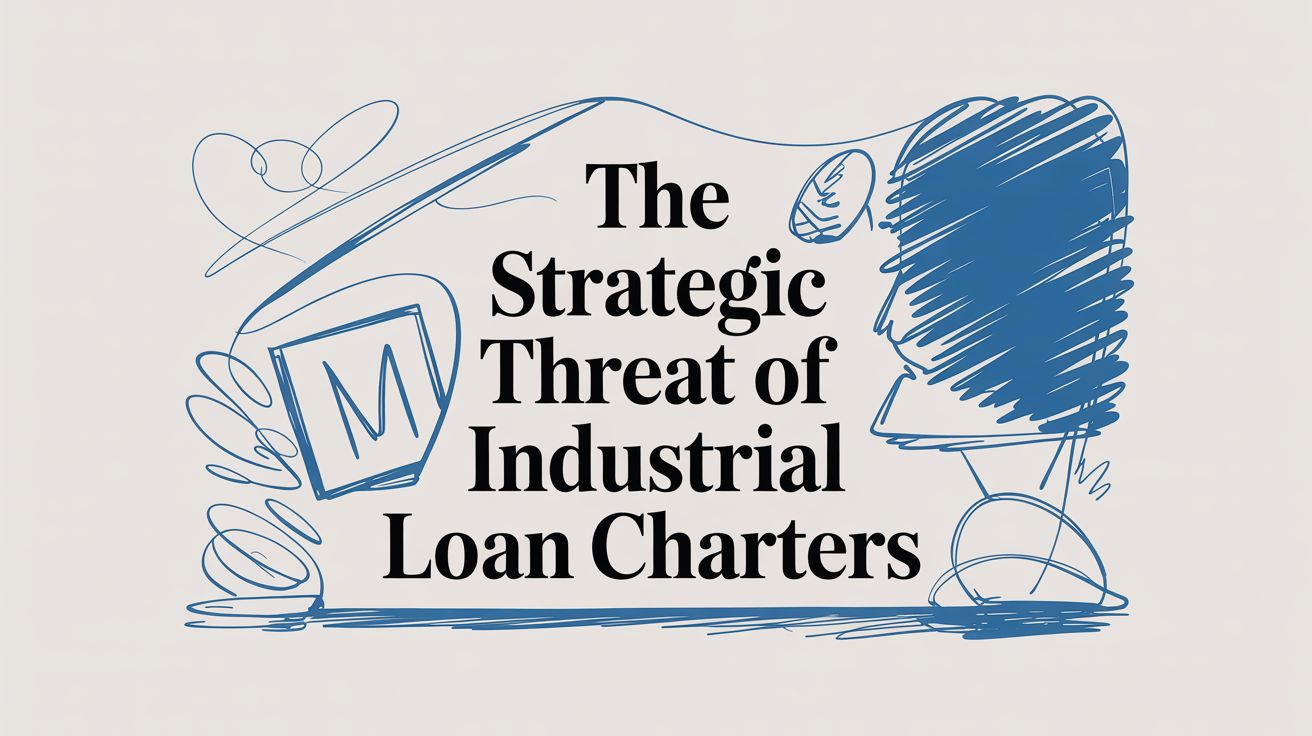
This week, in a letter to Senate and House committees, the American Bankers Association offered support for a new home finance bill. The Neighborhood Homes Investment Act is aimed at helping to finance neighborhood renewal. It also has the support of Democrats and Republicans.
What does the Neighborhood Homes Investment Act hope to achieve?
The bill creates a new tax credit that would help to finance home construction and the renewal of certain neighborhoods. These credits would offset construction or improvement of “owner-occupied homes” by developers.
Reportedly, the bill also allows states to empower credit firms to assign credits according to defined parameters. The NHIC would operate in the same manner as the low-income housing tax credit, or LIHTC. According to the Congressional Research Service:
Credits would be restricted to properties with occupants whose income did not exceed 140% of an area’s or state’s median income. A state’s median income would be used for nonmetropolitan (i.e., rural) areas. The income limit would be the same regardless of whether the home was new construction or a rehabilitation project.
Encouraging investment in neighborhood revitalization
The ABA claims that the NHIA would expand on existing community investment policies. According to the association, the bill would help to revitalize low-income communities and improve property values in those areas. Not surprisingly, the ABA praised the bill’s emphasis on encouraging private investment to take on development risks.
Of course, the Neighborhood Homes Investment Act is not the only bill to earn the ABA’s support in recent days. Notably, the association is urging Congress to pass the Affordable Housing Credit Improvement Act. That bill would expand LIHTC amounts and reduce the limits at which certain credits are available for private bonds. According to the ABA, the new law is needed to make reforms that can improve LIHTC.
Similar Articles

Brian's Banking Blog
The Strategic Threat of Industrial Loan Charters

Brian's Banking Blog
A Guide to Commercial Real Estate Lending

Brian's Banking Blog
Top Stakeholder Engagement Strategies for Banking Executives

Brian's Banking Blog
8 Historic Banks That Merged: Lessons for Today's Executive

Brian's Banking Blog
A Guide to the Modern Commercial Banker Lead Gen Tool

Brian's Banking Blog
A Bank Executive's Guide to Regulatory Agencies

Brian's Banking Blog
A Bank Executive's Guide to C&I Loans: Strategy, Risk, and Data-Driven Growth

Brian's Banking Blog
Bank Prospecting Software: A Guide to Driving Loans & Deposits with Data Intelligence

Brian's Banking Blog
Business Banking Prospecting Software: How Data Intelligence Drives Growth

Brian's Banking Blog